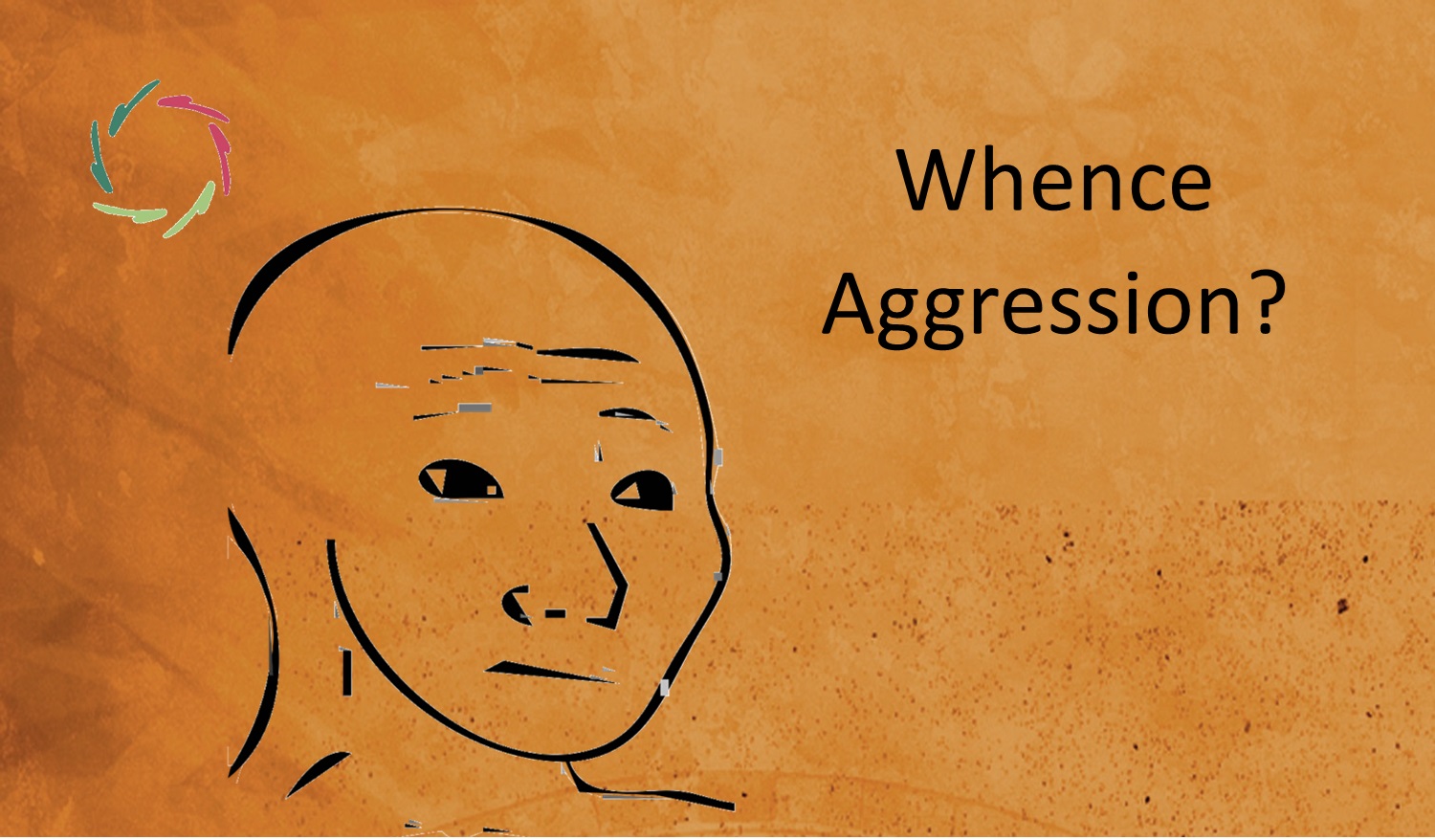Resilience: Growing from Within

The common image of resilience is that of someone enduring hardship and bouncing back. Real resilience goes deeper; it’s about growing from life’s challenges in a way that transforms you from the inside out.
It’s about balancing perseverance with self-Compassion, learning how to navigate discomfort gracefully, allowing yourself the space to fall and recover, and growing stronger each time.
The role of deep motivation in resilience
True resilience is not something you can build through sheer willpower or external pressure. It arises from deep, intrinsic motivation ― aligning with one’s deeper values and desires.
If your inner motivation is strong, every setback becomes an opportunity for growth rather than a roadblock. Autosuggestion, as a tool for connecting with the deeper layers of the mind, helps reinforce this motivation, guiding it subtly but powerfully.
Resilience vs. burnout
While resilience is often glorified as the ability to keep going, it’s essential to recognize the line between resilience and burnout. Burnout happens when we push through challenges without giving ourselves time to recover. Repeated exposure to stress without proper mental and emotional recuperation leads to a buildup of negativity. This not only diminishes resilience but makes us more prone to trauma, leading to greater sensitivity to future stress and potentially post-traumatic stress (PTS). Unfortunately, in today’s fast-paced world, burnout is on the rise, making individuals and communities more vulnerable to trauma.
Resilience, therefore, isn’t about always pushing forward. It’s about recognizing when to pause, recover, and rebuild from within, ensuring that we don’t break under pressure.
The immune system metaphor
An excellent metaphor for resilience is how the immune system works. When exposed to a pathogen, the immune system learns to fight it off and becomes stronger over time. However, if overwhelmed by a virus or bacteria, the immune system can fail or overshoot.
Similarly, when we face challenges, it’s healthy to experience difficulties, fall occasionally, and then rise stronger. But if we’re constantly bombarded with stress without a chance to recover, we may break rather than build resilience.
The key is balance
Living in an overly ‘sterile’ environment – whether physically, mentally, or emotionally – leaves us unprepared for life’s inevitable difficulties. Just as our bodies need exposure to certain germs to strengthen our immune systems, our minds and hearts need exposure to challenges to build emotional and psychological resilience. However, too much stress, like too many pathogens, can overwhelm us.
The key is balance: allowing yourself the space to let go temporarily before meaningfully bouncing back.
Autosuggestion
At the core of the AURELIS philosophy is the idea that change comes from within, much like resilience. Using autosuggestion, we can nurture that inner change by sending subtle messages to the deeper parts of the mind, gently guiding the mind to build strength without the harshness of forcing it. This process strengthens our resilience over time by allowing non-conscious processes to align with our conscious goals.
Resilience built this way is sustainable and deeply rooted in who you are. It’s not about hardening yourself against challenges but rather about becoming more flexible and adaptive, learning to flow with life’s difficulties rather than fighting against them.
Growing from within
True resilience is about building strength through deep motivation and self-Compassion.
By tapping into your deeper self through autosuggestion, you can develop a form of resilience that is durable, adaptable, and deeply sustainable. In doing so, you not only weather life’s storms but learn to thrive in their aftermath.


